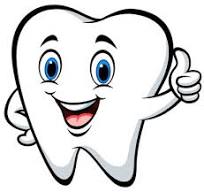Honoring First Responders: Why Getting Help Is Part of the Job
First responders carry a weight most people can’t imagine. To those of you who have served ten years or more—thank you. That milestone is more than a line on your résumé; it’s a testament to your courage, endurance, and service. Even if the world doesn’t always stop to recognize it, it matters. You matter.
But here’s something even more important to remember: Getting Help is Part of the Job.
Gone are the days when “pulling up your bootstraps,” stuffing down the pain, and carrying on was considered admirable. Too many veterans have learned the hard way that this approach doesn’t build resilience—it fuels a downward spiral. Strength isn’t found in silence; it’s found in acknowledging the toll of the work and choosing to care for yourself.
Every first responder deserves a retirement that’s free from the grip of post-traumatic stress symptoms. You’ve given your communities the best years of your service; you deserve peace in return. The best way to ensure that future is to invest in your mental health now. Preventative Mental Health Support
Think of counselling like exercise—it only works if it’s consistent. Just as you train your body to stay fit for duty, counselling keeps your mind and nervous system strong for the road ahead. Whether it’s talking through stress, processing traumatic calls, or getting targeted treatment for symptoms, the counselling community—including myself—is here for you.
Seeking help isn’t weakness. It’s professional responsibility. It’s self-respect. And most of all, it’s a step toward ensuring that the incredible work you’ve done doesn’t come at the cost of your well-being.
To every first responder reading this: thank you. Take care of yourselves the way you’ve taken care of others. You’ve earned it.
.webp)
.svg)

.webp)


